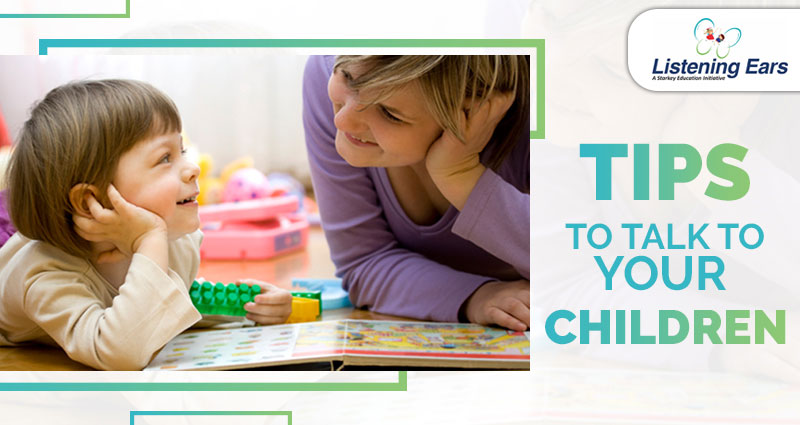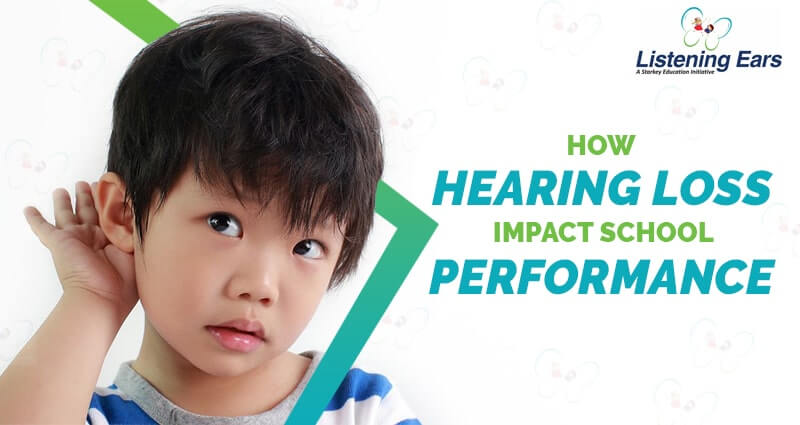Strategies to Improve Attention and Concentration of Preschoolers and Early School Goers
Importance Of Free Play
November 16, 2016Grand Parenting a Child with Hearing Loss
November 18, 2016Without attention and concentration children can miss out on various formal and informal learning situations. This also affects the pace of their work and makes them prone to making errors.
- Environment – make sure child is sat with a good posture with hips, knees and ankles at a 90° angle with feet supported. Ensure sitting directly facing the teaching area.
- Frequent movement breaks between activities that demand concentration – every 15-20 minutes
- Allow the child to change position i.e. standing up, leaning against a wall, working on the floor – not all work needs to be at a table and desk
- Time: Once you have decided on the length of the session / length a child can attend to, stick to it. DO NOT OVERSTEP THE TIME LIMIT EVEN IF THE CHILD IS WORKING WELL – slowly increase the time you expect a child to attend for before needing a movement break – the use of a timer or visual sand timer can help a child understand the concept of time.
- Use verbal prompts (e.g. calling their name) or noise (tap on the table) to try to bring the child back to the activity if you become distracted.
- Always praise success.
- Memory games e.g. put objects on a tray, get the child to look at the tray, then cover the tray and remove and object – get the child to see if they can identify which toy has gone. Card Pairs – cards faced down, have to turn two cards over to find a pair.
- Try a “move n sit” cushion on a chair or a sissel cushion on the floor to provide movement and encourage a good sitting posture whilst sitting. This small movement stimulates the postural muscles which may result in decreased fidgetiness and improved concentration.
- Use of weighted items such as a “lap buddy” (small beanbag cushion) to provide deep pressure input that re-enforces body awareness and may have a calming effect
- Use visual timetable to help children to organize themselves about what they need to do now and what is coming next.
- Reward Systems and/or charts – liaison between home and school about successful strategies to ensure continuity.
- When over-excitable, try physical heavy work and stretch activities with the whole class (see below)
- Use of fidget toys while listening / completing written tasks
- Develop Listening Skills:
- Play stop and go. This is a game that uses sounds for stopping and starting activities.
- Play moving in time to the beat. Performing actions faster to a fast beat and slower to a slow beat, etc.
- Play ‘nursery rhymes and songs’. Action and finger rhymes are especially useful.
- Encourage your child to join in with actions and words.
- Play games such as ‘Simon says’. In this way the child must listen carefully to what is being said, and decide whether to carry out the action requested (i.e. ‘Simon says to touch your toes) or not (‘touch your toes’).



